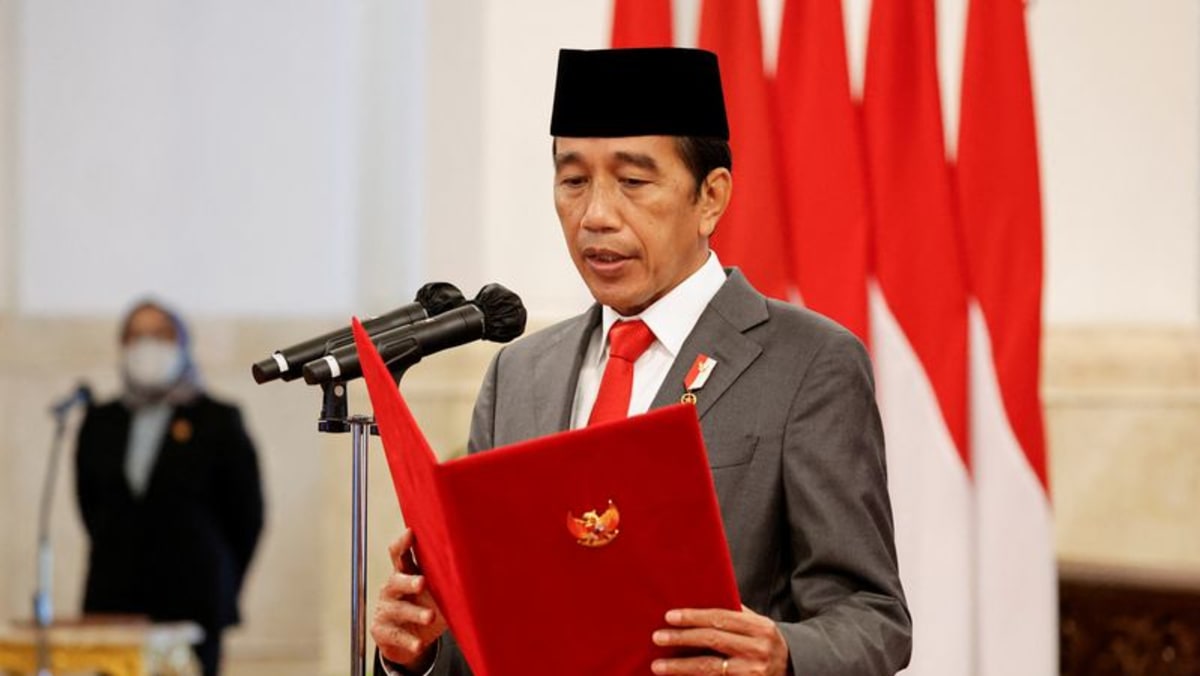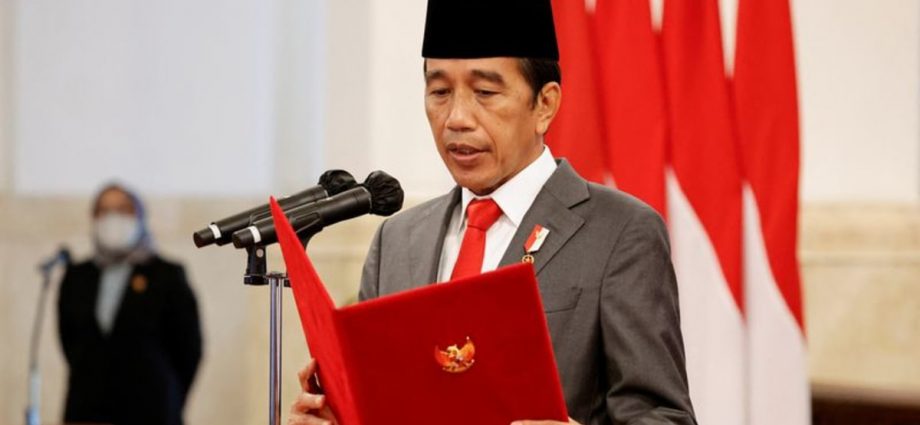
MELBOURNE: A decade ago, Joko Widodo (Jokowi) was an outsider candidate whose carefully cultivated “everyman” persona swept him into Indonesia’s presidential office. To get there, he had to overcome opposition from many rich and powerful figures.
However, he soon built a formidable political coalition, and he and his family are now firmly part of the oligarchic ruling elite. So much so, that many members of that elite fear their access to political and economic power could be disrupted if he leaves office.
By law, Jokowi’s time in office is limited. In 1998, Indonesia’s longest-serving president, Suharto, was forced to step down after 32 years in power. One of the constitutional priorities after his fall was to prevent a repeat of his long rule, which had become associated with military repression and corruption.
In 1999, the Constitution was amended to prevent presidents serving more than two five-year terms. This was seen as a non-negotiable part of the reforms that delivered Indonesia’s transition to democracy.
Elections for the presidency and legislature are now due on Feb 14, 2024, and, because Jokowi has already been elected twice, he cannot run again.
But in reality, things are not so simple. For some years, powerful politicians, including Luhut Pandjaitan (Jokowi’s close adviser and so-called “minister for everything”), have been proposing ways to keep Jokowi in the palace. These range from amending the Constitution to remove the two-term limit to “postponing” the elections because of the COVID-19 pandemic.
These proposals have received little public support and have been roundly rejected by most civil society groups, which are important drivers of public opinion and policy-making in Indonesia.
Jokowi himself has been inconsistent. At times, he has rejected calls for him to stay in office. Other times, his statements have been more ambivalent. Rumours of his involvement in plans to keep him from losing the presidency continue to abound.

